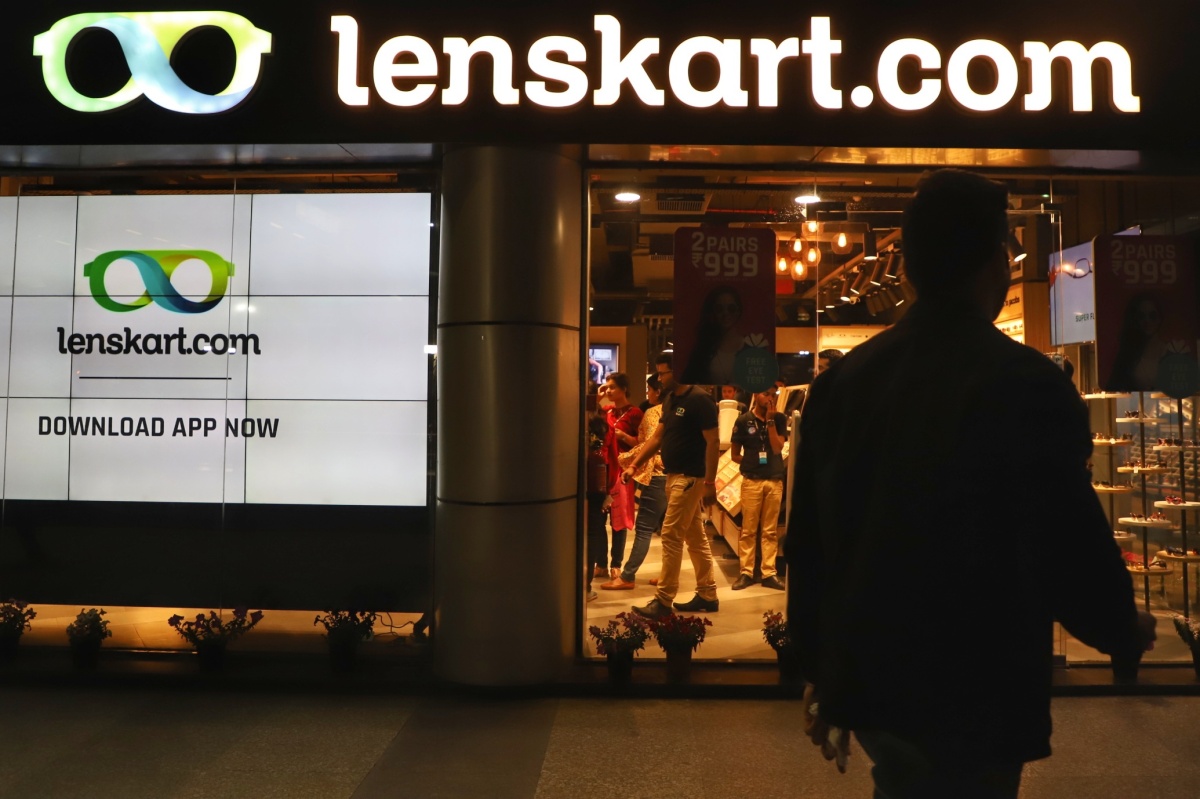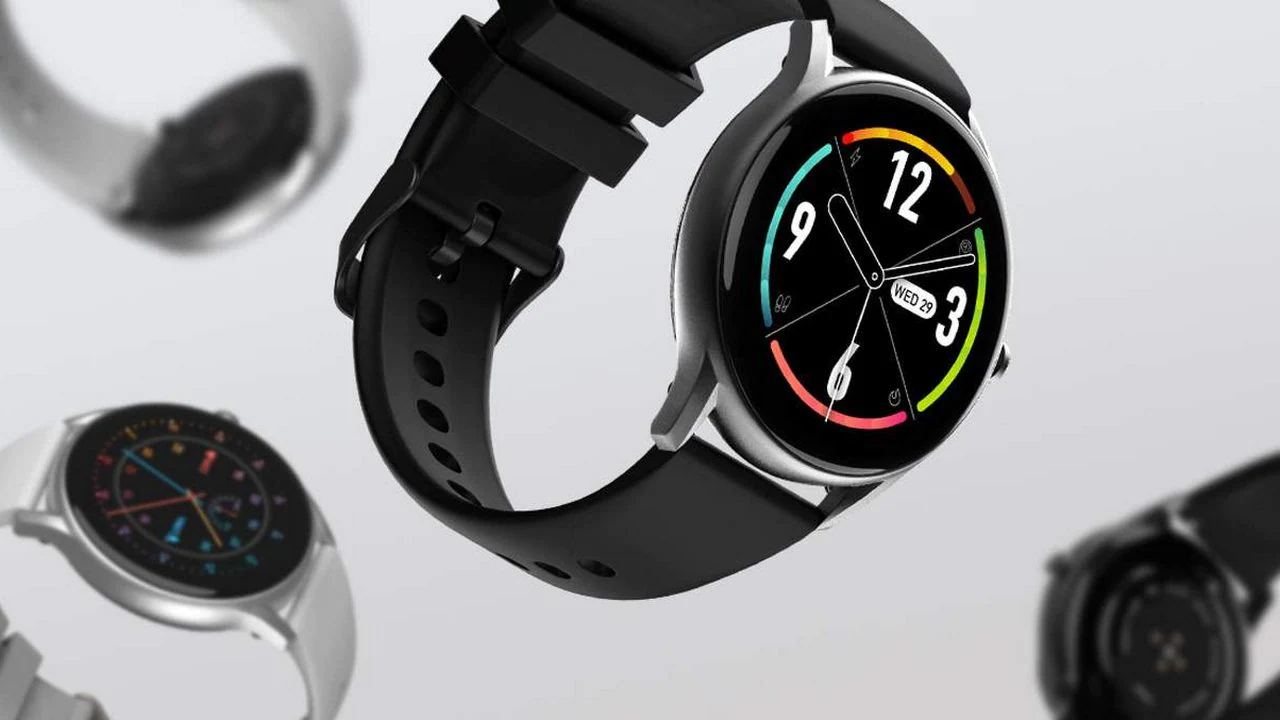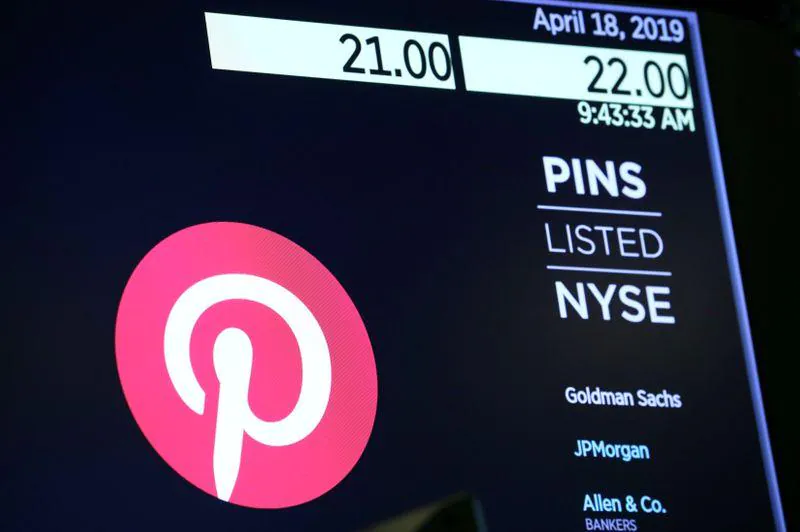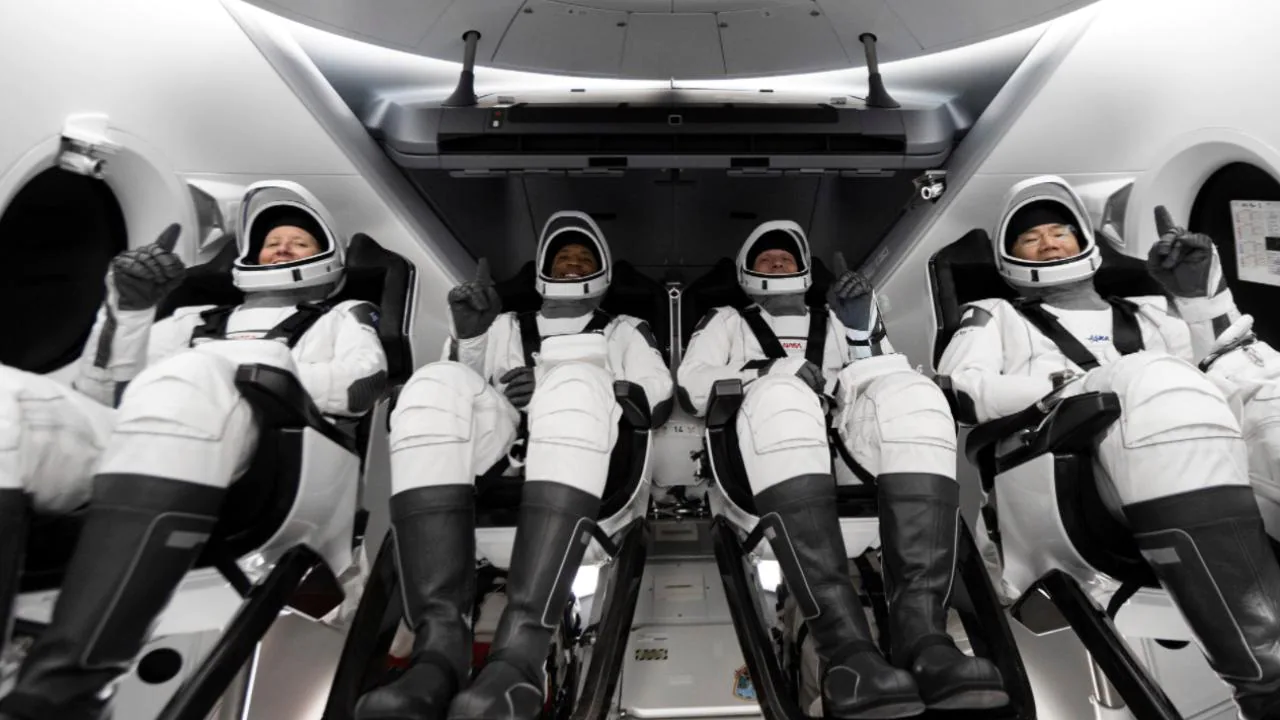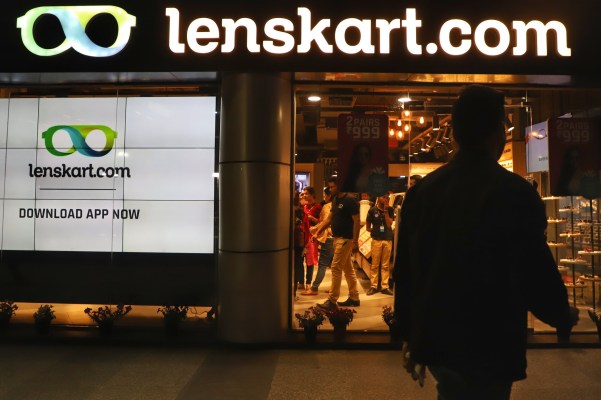
ChrysCapital has invested $100 million in Lenskart, the two said Thursday, pushing the Asian eyewear startup’s raise to $850 million in the past year.
The Indian venture firm is buying shares worth $100 million into the Bengaluru-headquartered startup through both primary and secondary transactions, the two said. The new investment follows Abu Dhabi Investment Authority announcing plans to invest $500 million in Lenskart. That investment, like the capital infusion from ChrysCapital, is an extension to last year’s round that valued the Indian startup at about $4.5 billion valuation.
“ChrysCapital is one of the most esteemed Indian equity partners, and it is my privilege to have them by our side. Incidences of myopia are rapidly growing globally, especially in Asia, including India, with big unsolved problems of access, affordability, and awareness. We believe that with the help of technology, customer centricity, and big investments in supply chain and talent, we can eradicate the problem of vision correction,” said Peyush Bansal, founder and chief executive of Lenskart, in a statement.
The 12-year-old Indian eyewear startup, which counts SoftBank and Alpha Wave Global among its backers, sells eyeglasses, sunglasses, contact lenses and other eyewear accessories. It has become one of the largest eyewear players in India by undercutting the competition, offering premium glasses at affordable prices.
Lenskart has been able to keep the prices low because it’s bringing more efficiency into the eyewear sector, Bansal told TC in a recent interview. The firm has built the expertise to manufacture its own eyeglasses and contact lenses and for many technologies, it’s the exclusive licensing partner for global firms in India, he said.
The startup, which currently has operations in India, Southeast Asia and the Middle East, sells its eye products online and through over 2,000 stores, three-fourths of which are in India. The startup is opening more than seven stores a week and plans to manufacture 20 million pairs of glasses next year.
Hundreds of millions of Indians need vision correction, but only a fraction of this population is currently wearing glasses or contact lenses. Bansal said the company will continue to scale its operations in India and existing international markets where it has operations because they remain highly underserved.
But what has helped Lenskart, and the eyewear industry at large, is just how quickly Indians are adopting glasses, he said. People are buying as many as four pairs of glasses every two years, a figure that is closely growing to five, he said, pointing to a similar popularity in sneaker purchases.
More to follow.

